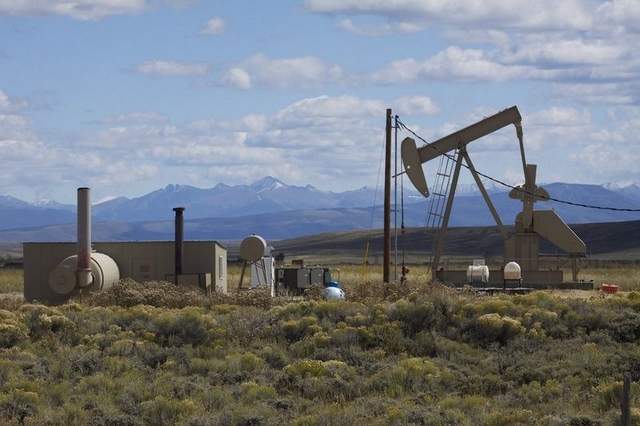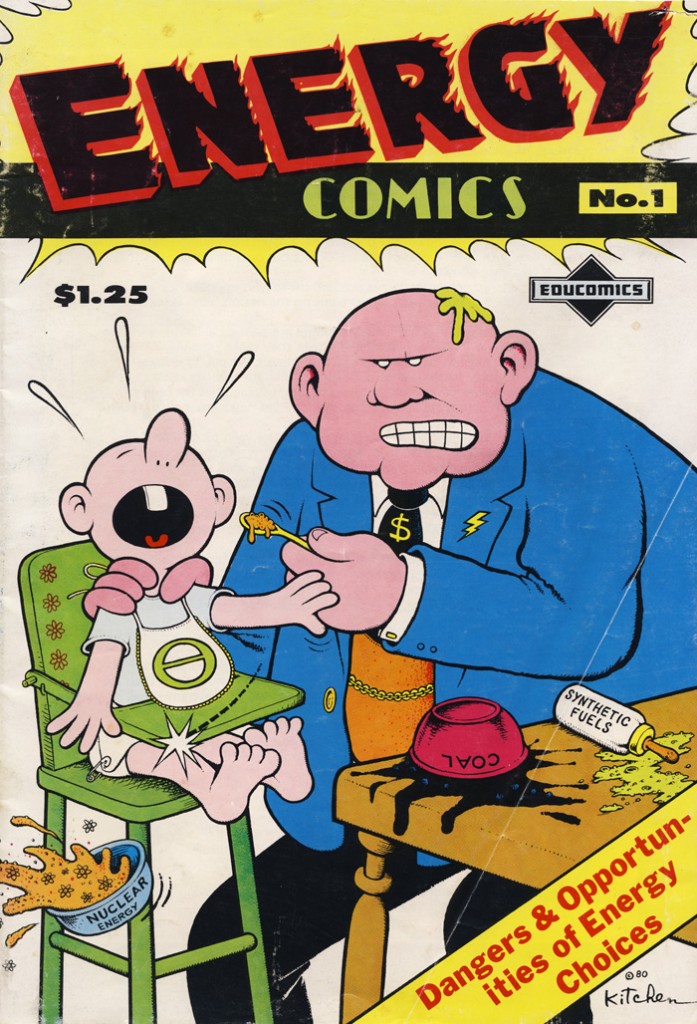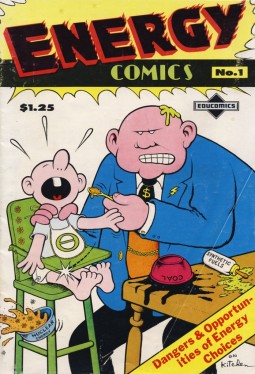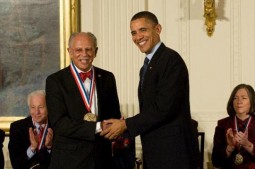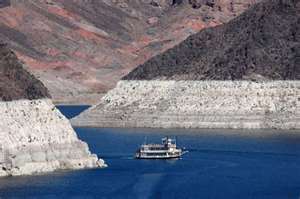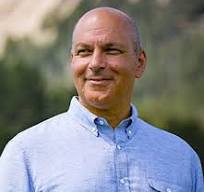
photo credit: CIRES
Standing Up for Science (start time: 6:39) Since President Trump began his second term in January, his administration has been on a rapid-fire campaign to slash federal funding for scientific research, particularly in the fields of climate and earth systems science. Colorado is feeling the pain. President Trump’s budget proposal for fiscal year 2026 includes steep cuts in funding to NOAA, or the National Oceanic and Atmospheric Administration, which funds and manages research on wildfires, extreme heat waves, floods, and much more. NOAA contributes a huge amount to Colorado’s economy, and its research helps saves lives. The proposed budget cuts would likely result in the shuttering of two cooperative institutes in Colorado that are affiliated with and largely funded by NOAA. Those are the Cooperative Institute for Research on Environmental Sciences (CIRES) at CU Boulder, and the Cooperative Institute for Research in the Atmosphere (CIRA) at Colorado State University. In today’s show, host Susan Moran talks with Dr. Waleed Abdalati, director of CIRES and a professor of geography at the University of Colorado Boulder.
Hosts: Susan Moran, Joel Parker
Show Producer: Susan Moran
Engineer: Joel Parker
Show contributor: Juanita Huérfano
Executive Producer: Susan Moran
Listen to the show here:
Podcast: Play in new window | Download (Duration: 26:37 — 24.4MB)
Subscribe: RSS



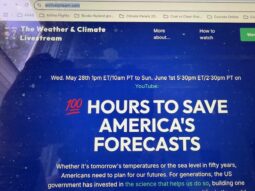 Scientists speak out for science (start time: 1:00)
Scientists speak out for science (start time: 1:00) 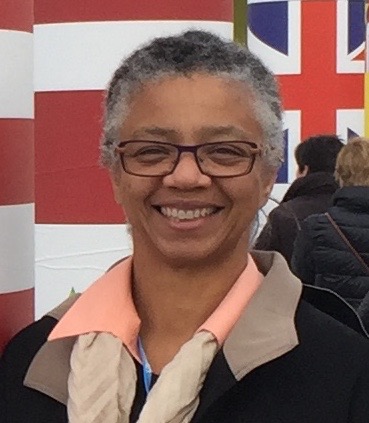
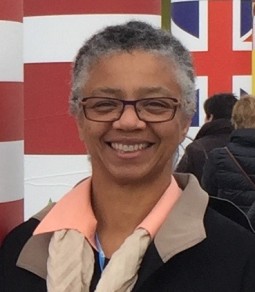
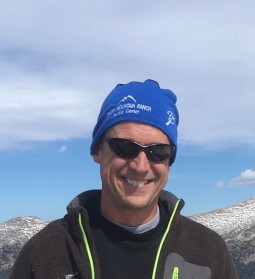
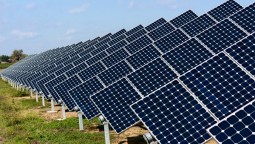
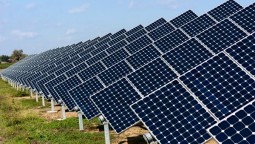 What You Can Do About Global Warming (starts at 5:20): We interview Craig Hover, author of A World to Come Home To: Ending Global Warming in Our Lifetime. Craig is a licensed professional engineer with more than 30 years of engineering, project and facilities management, financial services and consulting. In his book he lays out a comprehensive vision of implementing sustainable strategies for reducing carbon emissions and reversing the current trends in climate change.
What You Can Do About Global Warming (starts at 5:20): We interview Craig Hover, author of A World to Come Home To: Ending Global Warming in Our Lifetime. Craig is a licensed professional engineer with more than 30 years of engineering, project and facilities management, financial services and consulting. In his book he lays out a comprehensive vision of implementing sustainable strategies for reducing carbon emissions and reversing the current trends in climate change.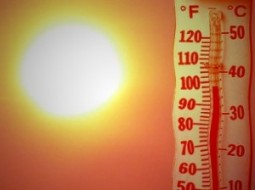
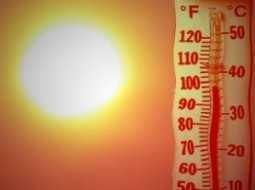
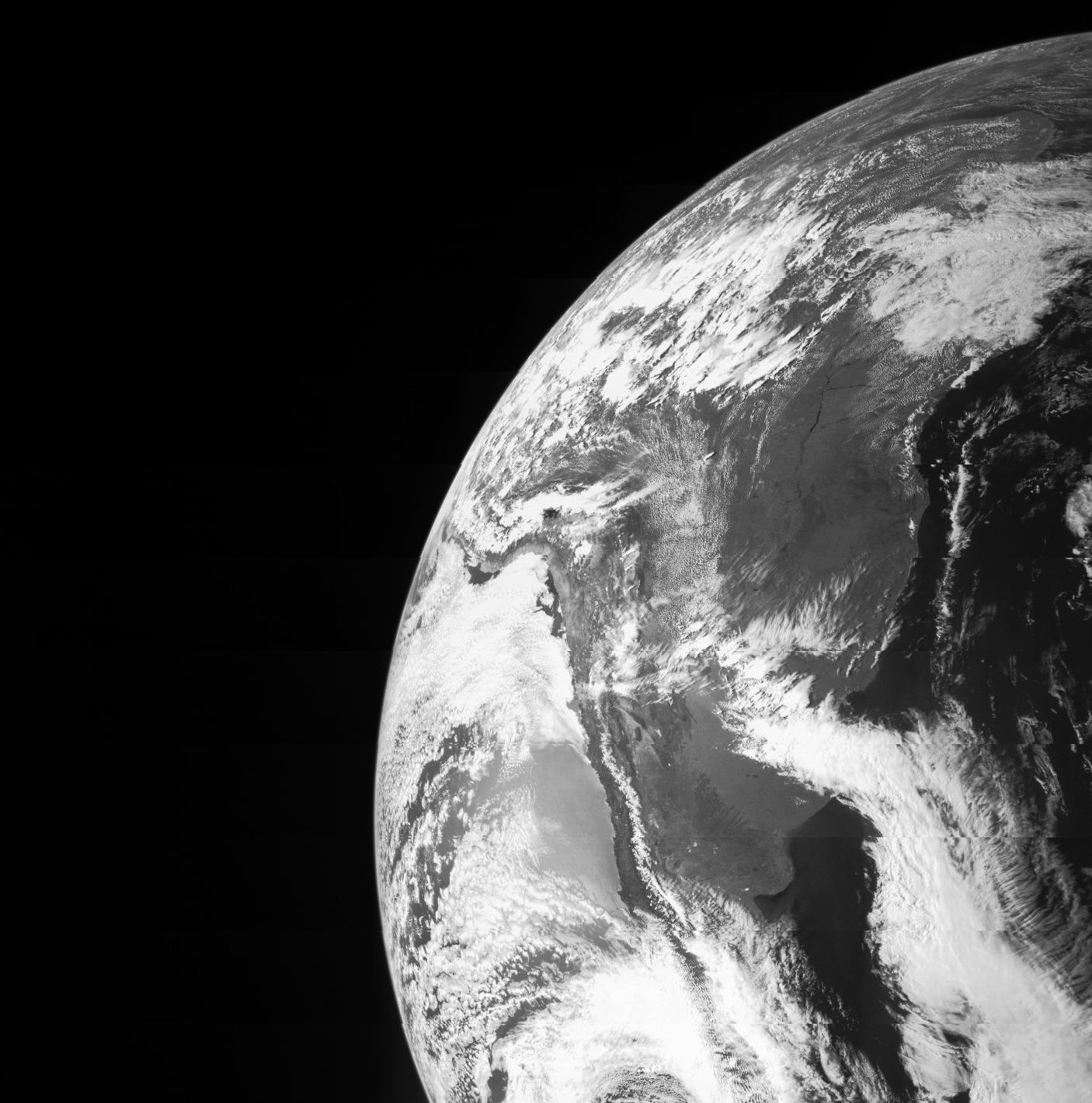
 For our first show in 2014 we offer two feature interviews:
For our first show in 2014 we offer two feature interviews: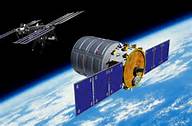 Feature #2: In expectation of the first official cargo flight of the
Feature #2: In expectation of the first official cargo flight of the 